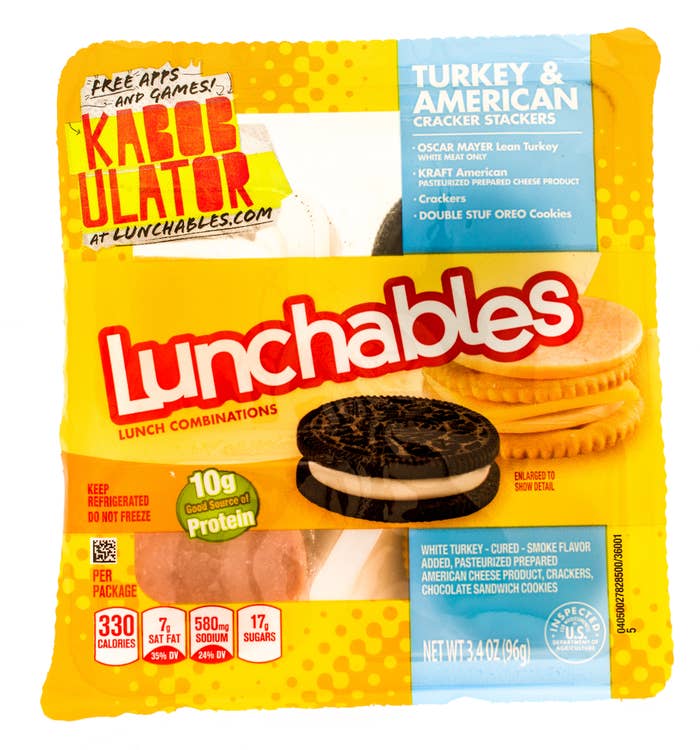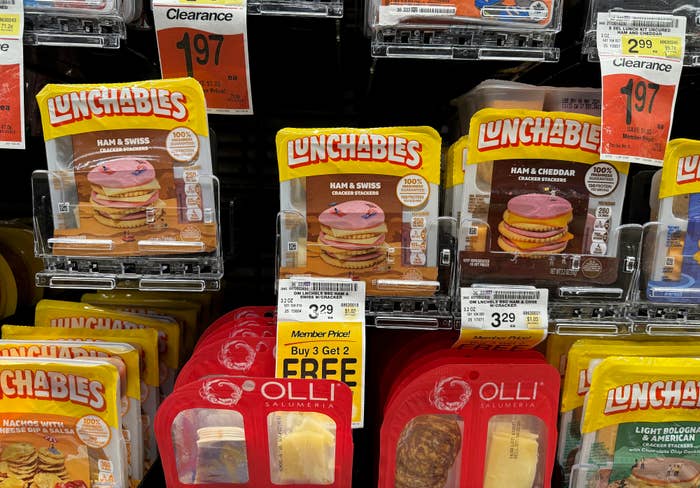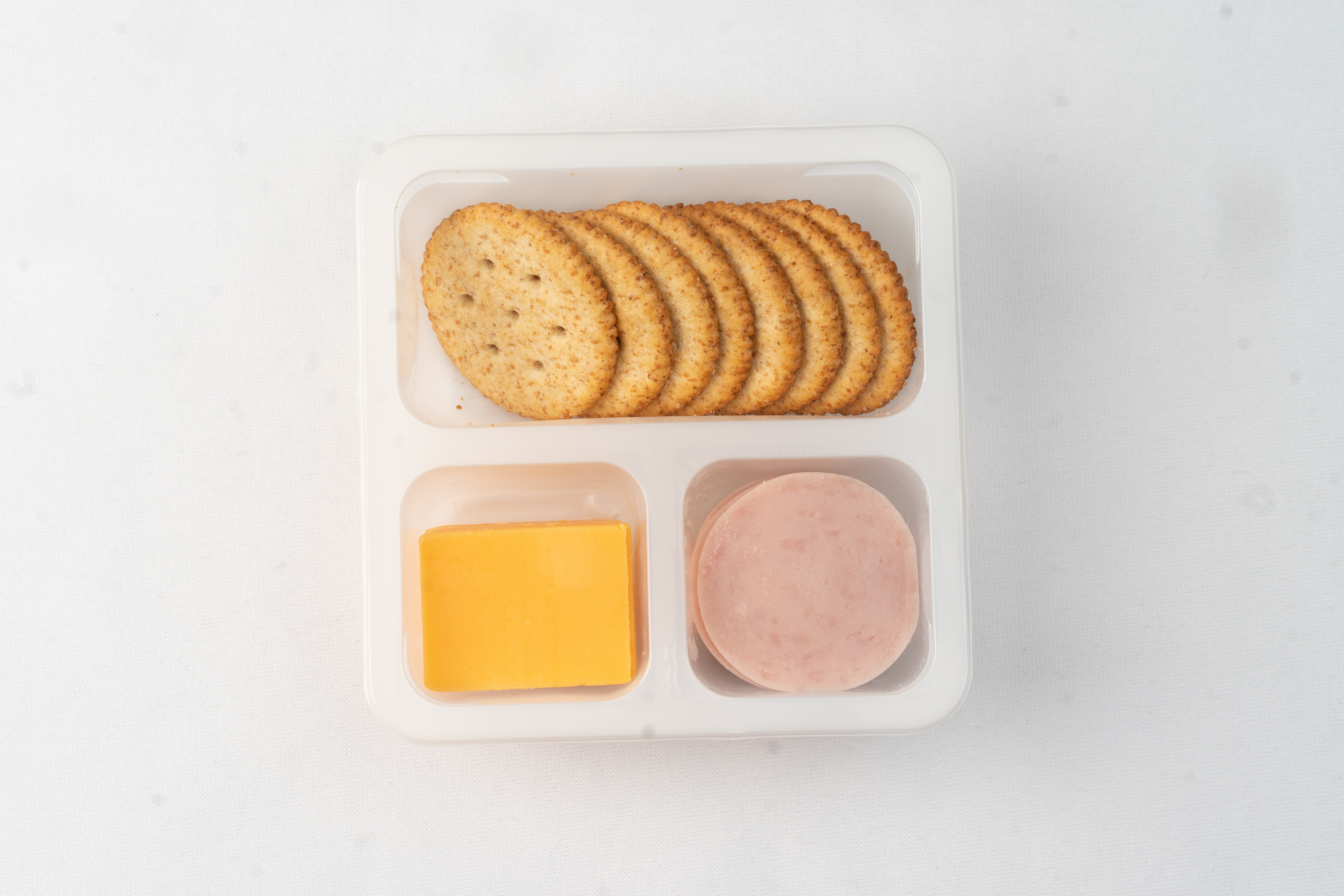13 Laugh-So-You-Don't-Cry Reactions To THAT Report Finding "High Amounts Of Lead" In Lunchables
I owe my mom an apology for all the times I begged her to re-stock these.
I don't know about you, but only two things classified as clout in our elementary school cafeteria: coming back from a doctor's appointment with a McDonald's Happy Meal or busting out a Lunchables.

Well, that might be changing due to a new report by Consumer Reports, a consumer watchdog group that recently raised concerns about one of the US' favorite mealtime companions.

"[Consumer Reports] tests find Lunchables and similar lunch kits contain relatively high levels of lead, cadmium, and sodium," said Eric Boring, a chemist at Consumer Reports who led the testing. "We don’t think anybody should regularly eat these products, and they definitely shouldn’t be considered a healthy school lunch."
The group claims they tested 12 store-bought Lunchables and similar kits, several of which "contained relatively high levels of lead and cadmium." For those who don't know, cadmium is classified as a probable human carcinogen.
Furthermore, "All but one also tested positive for phthalates, chemicals found in plastic that have been linked to reproductive problems, diabetes, and certain cancers," their statement says.
While it's important to note that Consumer Reports says none of the kits surpassed legal or regulatory limits, the group said 5 of the 12 kits tested "would expose someone to 50 percent or more of California’s maximum allowable level for lead or cadmium."
Likewise, kits tested contained one-fourth to half of a child’s daily recommended limit for sodium.

As you can imagine, those who grew up with — and continue to raise their kids on — Lunchables were shocked. Here's how people are reacting:
A petition was created by Consumer Reports to urge the United States Department of Agriculture (USDA) to remove Lunchables from school lunch programs that provide them, and it currently hosts nearly 17,500 signatures.
And in a statement to NPR, a USDA spokesperson said it "takes very seriously our responsibility to ensure school meals are of the highest nutritional quality." The spokesperson also said the USDA does not "allow or disallow" specific items, but sets requirements for the overall nutritional makeup for meals.
